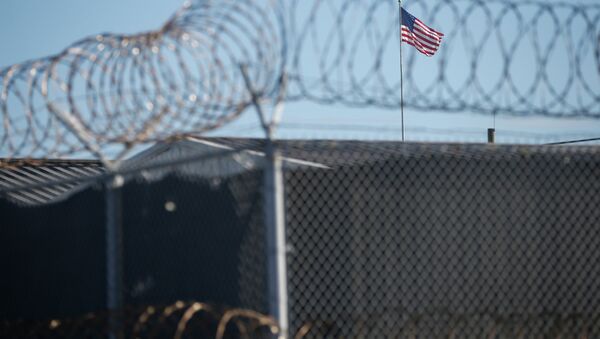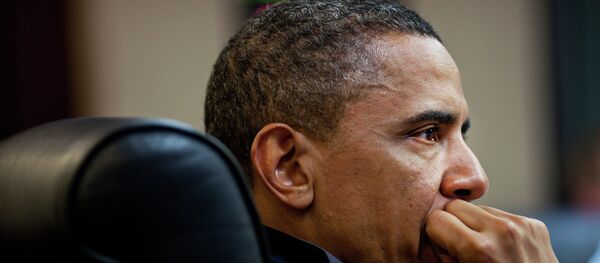Abdul Rahim Abdul Razak al Janko alleged mistreatment during his years of detention, saying he was tortured and suffered both physically and emotionally from his treatment while locked up at Guantanamo from 2002 to 2009 after his arrest in Afghanistan in 2001.
But the U.S. Supreme Court on Monday declined to take up his appeal, leaving in place a lower court ruling that said he couldn’t sue the United States and that Congress didn’t give courts the authority to hear his type of case anyway.
A Syrian Kurd, al Janko was a student in the United Arab Emirates in 2000 when he traveled to Afghanistan and was captured by the Taliban, who accused him of plotting to kill Osama bin Laden and of spying for Israel and the United States, accusations he vehemently denied.
After the US invasion of Afghanistan in 2001, he was sent to Guantanamo and branded an enemy combatant. The US Defense Department was accused of taking a videotape of his interrogation by the Taliban over the spying allegations, stripping the audio and labeling it a “martyrdom video,” claiming that he said in the videotape that he wanted to die a martyr.
Janko was released from Guantanamo in October 2009 after Amnesty International took up his cause and successfully challenged his detention, arguing all along that he couldn’t have possibly engaged in any activities against US or coalition forces because he was being detained by the Taliban. AI also accused the US government of falsely labeling him a combatant based on that video, calling the whole incident “kafkaesque.”
Janko was released in 2009 and filed his lawsuit against the U.S. government the following year. He currently lives in Belgium.



